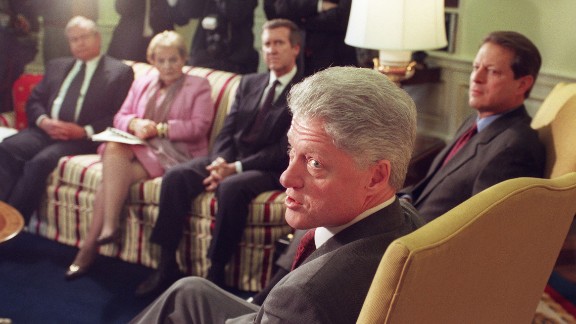
Most news stories, however, implied it was a gift, or at least not a sale. The magazine did not cite a source for its report, and the exact terms of the deal are beyond our reach because it was a “confidential transfer agreement.”6 As the Philadelphia Inquirer explained at the time, “While domain transfers typically are cash transactions, the parties in this case would not reveal terms-or even give a ballpark figure, if cash was involved.”7 Nevertheless, a few media outlets (none of which cited a source or gave a dollar figure) did report that Morgan Lewis was asked by MLB to “sell” mlb.com,8 and commentators willing to assert in print (again without a source or dollar figure) that Morgan Lewis did in fact extract compensation from MLB were in even shorter supply.9

It is possible, but unlikely, that The American Lawyer got the story wrong. According to The American Lawyer, a leading magazine covering the legal profession, “After the league announced that it wanted to make a brand out of its initials, a la the National Basketball Association, Morgan, Lewis turned over its registered domain name, MLB.com, to the league-free of charge, of course.”5 Morgan, Lewis and Bockius (“Morgan Lewis” for short) reportedly gave, not sold, “mlb.com” to Major League Baseball (“MLB” for short). The deal also illustrates the difficulty of placing a value on a favor, at least between lawyer and client, in the context of the business of baseball.įirst, the price. Several years later, in 2000, when Major League Baseball started to aggressively market itself on the Internet, Morgan Lewis and Bockius was, for a variety of reasons described below, willing to part with com for a song, or perhaps even less.Īt the time of its consummation, the mlb.com transaction got a lot of attention in the news media, as well it might.3 Because by 2000, it was obvious that the Internet was big business, and transactions in Internet domain names were sufficiently common and significant to inspire government regulation of that market.4 But even in the new and booming and volatile domain-name market, the mlb.com deal qualified as unusual in at least two respects.In 1994, it was the law firm that had the foresight, or luck, to move relatively early to register the Internet domain name “mlb.com.”.In 1994, the initials of big-time baseball (Major League Baseball=MLB) and the initials of one of big-time baseball’s longtime, big-time outside law firms (Morgan, Lewis and Bockius=MLB) were the same (and still are).On September 6, 2000, Major League Baseball and Morgan, Lewis and Bockius LLP (a very big and very prominent Philadelphia-based international law firm)1 issued a joint press release announcing “that the law firm has transferred its domain name- mlb.com-to Major League Baseball.”2įrom today’s perspective in the current age of the Internet, as we look back at a time when the rise of that age (or at least its angle of ascent) was not at all clear, it seems like a bizarrely fortuitous set of coincidences:

This is (roughly) the tenth anniversary of the transfer of a unique and valuable baseball property.


 0 kommentar(er)
0 kommentar(er)
